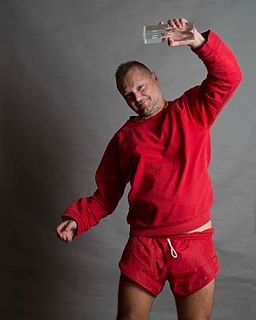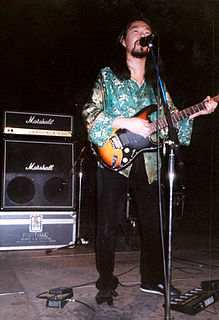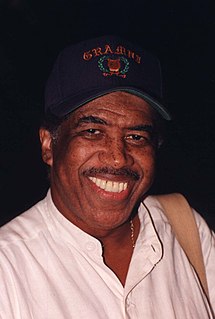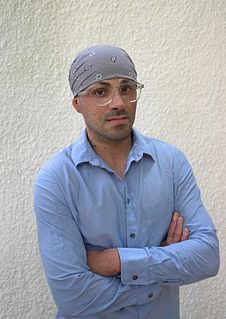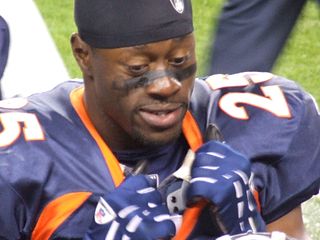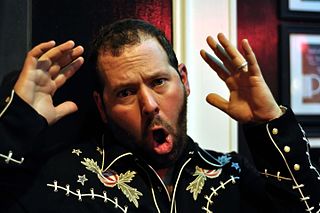A Quote by Burhan Sonmez
We have to consider culture respectfully, but on the other hand, it's dangerous. When we begin talking about cultures, we begin forgetting about individuals. Every individual is unique. Mankind has common feelings and ideas, but we might have some other connections, too. For example, I might be very close to someone in New York in some way. Because of the music I like or how I like to watch soccer games, or because I like to read Russian classics.
Quote Topics
About
Because
Begin
Classics
Close
Common
Connections
Consider
Culture
Cultures
Dangerous
Every
Example
Feelings
For Example
Forgetting
Games
Hand
How
Ideas
Individual
Individuals
Like
Mankind
Might
Music
New
New York
Other
Read
Respectfully
Russian
Soccer
Soccer Game
Some
Someone
Talking
Too
Unique
Very
Watch
Way
York
Related Quotes
Nowadays it's a big issue in Europe because you are forced to describe yourself by your culture, and you begin to forget about yourself, your identity. You're supposed to act in certain ways. You're limited. When you try to go outside the lines to go into some other garden, then you're blamed and stoned because it's like blasphemy. When we talk about culture, we have to see those two sides to it. When we ignore it, it's dangerous. When we talk about it too much, it's also dangerous. We have to have a moderate balance.
You cannot be worrying about what other people think. You have to be sure that what you do is what you love to do, because if you love it, maybe another hundred thousand people might love it, too. Some other people might not like it, but it doesn't matter, because you have to express what you want to express. You only live once.
The relationship I have with my mother now, and photographing her in front of the grave, it opens up discussions, and dealings with the conversations with my mother about, when I was little, how we lived and about suicide and talking about it, so it's something positive, it brought us more together, because people might never discuss that. Some families never go near certain subjects because it's too hurtful or too close or too dangerous. But within doing these photographs, I also wanted to open up a conversation with her about certain things about life.
I want to sing using a throatsinging style, like for example kargyraa, but at the same time sing it like a normal way. Maybe I will try some opera. To sing a melody, and to sing not only Tuvan traditional melodies, but I would like to try Western classics, blues. I think Tuvan music and American blues are very close to each other.
In New York, I was excited about the music in New York because the only music that I was more or less involved with in the South was either country and western or hillbilly music as we used to call it when I was a kid and, ah, gospel. There was no, there was no in between. And when I got to New York all the other musics that's in the world just came into my head whether it was the classics, jazz, I never knew what jazz was about all, had heard anything about jazz.
I think there's a general confusion that my work is about types of photography. But really that's just a tool to introduce some questions I have about seeing. What happens when all of these conditions and structures and histories and cultures and tools you have around you begin to fail? On the one hand there is an engagement with histories and cultures, and on the other, there is this very lonesome space of actually coming to terms with seeing.
Depended on the soldier. To relax, most of them put on headphones or played video games. Later in the war some of the younger officers began to read a lot of anthropology because they realized that the basic problem was that they were trying to fight a war in a culture they didn't understand. They might have read someone like Margaret Mead.
Basically when it comes to autistic kids and animals there's kind of three ways that they work, some of them are instant best buddies, they understand a cat, they understand a dog - they're best studies with it, they just know how to communicate with it. Then there's other kids that begin with a little bit of fear of the cat or the dog, but then they begin to like it and then there are other kids where you have a sensory problem - the cat meows and it hurts their ears, so they want to stay away from the cat because you never know when he might meow.
The best way for parents to go about acquiring a mind-set of self-reflective parenting will be different for different individuals. Some people will find that they are already very close to being the parent they are striving to be. Other people will find reading books or blog articles to be very helpful and some other people might benefit most by engaging in discussions on the internet.
Reading is always a way of forming a bond with other people. I'm not very good at socializing - I quite like spending time alone - so reading is a way of engaging quite deeply with the way other people think. Quite often when you meet other people socially you don't get to have a conversation of any depth. You end up talking about how well or how badly someone is doing at school or something of that sort. Questions like, "What we are," "Who we are," "Where are we going," you get those from literature and from people that spend some time thinking.
I read some older books when I worked at Barnes And Noble, like some of the American classics. I read a lot of Hemingway. I fell in love with Hemingway's prose and with the way he wrote. I feel like he's talking to me, like we're in a bar and he's not trying to jazz it up and sound smart, he's just being him.
Many Westerners see follow-through and reliability as the most critical factor in how they calculate the trustworthiness of another individual. In some other cultures, who you know and how you're related to other individuals is the most important variable. And for others, it may be as much about your reputation and what others have said about you.
I talked to my mother about it a lot. I asked her what it was like to grow up in New York and Harlem in the 1920s and 1930s, and I asked her about a woman leaving her husband. I asked her about how she would feel about that woman, and my mother grew up in the Church Of God In Christ, and she told me that the woman might be isolated because the other women thought she might go and come after their husbands. That's how they thought then.


